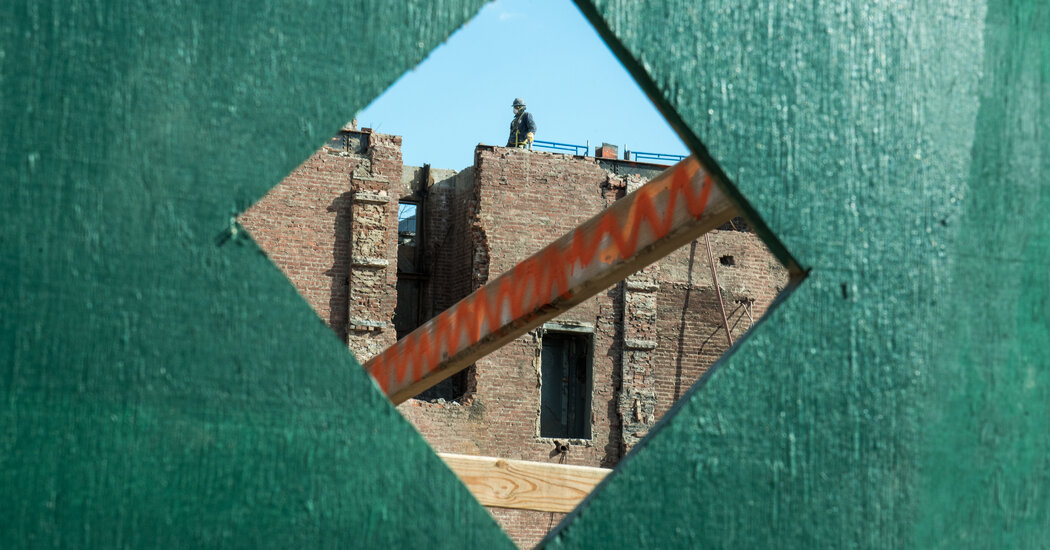The Roberts court has a well-known disdain for organized labor and the protections afforded to American workers. Throughout his tenure, Chief Justice John Roberts has reduced collective lawsuits, weakened the responsibility of employers for workplace discrimination, eliminated public sector unions’ authority to require dues from non-members who still benefit from collective bargaining, and abolished a California statute that allowed unions to enlist new employees on the properties of some agricultural employers. Whenever there is a disagreement between a group of workers and an employer, Roberts and his Republican court allies tend to side with the employer.
A recent case, Glacier Northwest v. International Brotherhood of Teamsters Local Union No. 174 in Washington State, demonstrates this trend. The suit centers on a dispute between workers represented by the Teamsters and their employer, a concrete manufacturer named Glacier. The company claims that workers timed a strike for a point after some of its trucks were filled with wet concrete, a perishable product. The workers who weren’t in the union could remove the concrete before significant damage occurred. However, Glacier still sued the union for damages related to losses from the spoiled concrete.
The Teamsters, for their part, cited their right to go on strike and maintained that the defective concrete constituted spoilage, a product for which unions have historically not been held accountable. The Washington State Supreme Court dismissed the case, stating it was pre-empted by the National Labor Relations Act. Still, the Supreme Court took Glacier’s appeal. In a ruling written by Justice Amy Coney Barrett and joined by Roberts, as well as Justices Elena Kagan, Brett Kavanaugh, and Sonia Sotomayor, the court held that unions can be held liable for damages during strikes under federal labor law when they take “affirmative steps to endanger” the employer’s property rather than “reasonable precautions to mitigate that risk.” Likewise, the court sent the case back to Washington State to be revisited.
While the liberal justices were split, the sole dissent came from Justice Ketanji Brown Jackson, who believed that the ruling would erode the right to strike and weaken the National Labor Relations Board’s oversight of workplace law. Roberts and the Republican-leaning court majority are clearly not supportive of organized labor, which should come as no real shock. The Supreme Court is charged with protecting the interests of property; therefore, it is little surprise that the court’s conservative majority has continually undermined labor’s interests and workers’ rights. While the court has sometimes taken a broader view of Americans’ civil and political rights, it has not generally been friendly to the ability of workers to join together and act in their best interests.
The Supreme Court’s historical legacy has been as a defender of capital, not a supporter of labor. The American political system was not designed to serve the needs of workers, meaning that even a more liberal Supreme Court would likely eventually turn against them. As Samuel Gompers once said, the quest for labor’s emancipation does not exist in an ideal world but rather in the bitter struggles of an unjust society. The reality is that if workers hope to achieve gains, it will not be because of a judge or justice lending assistance to their cause.














